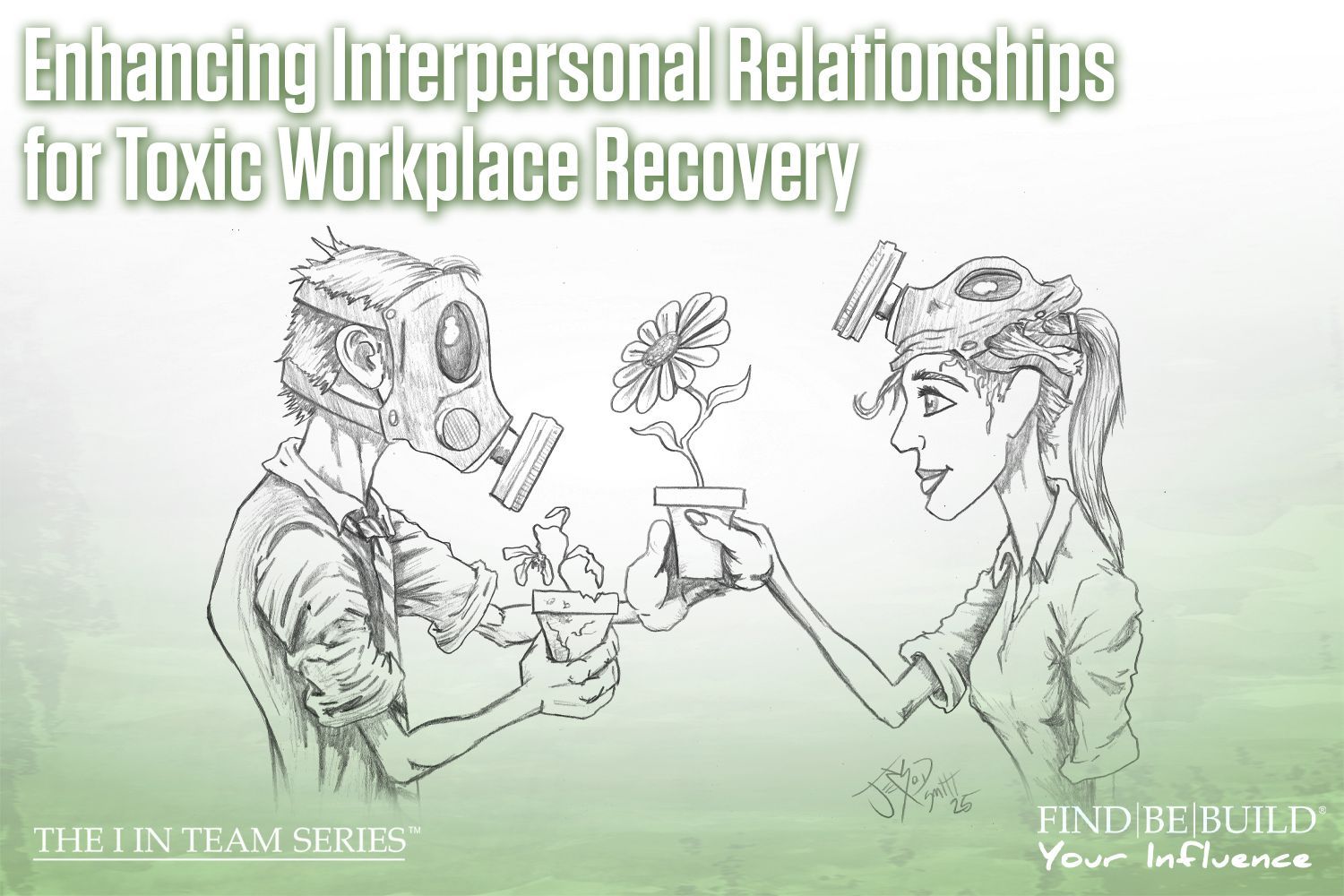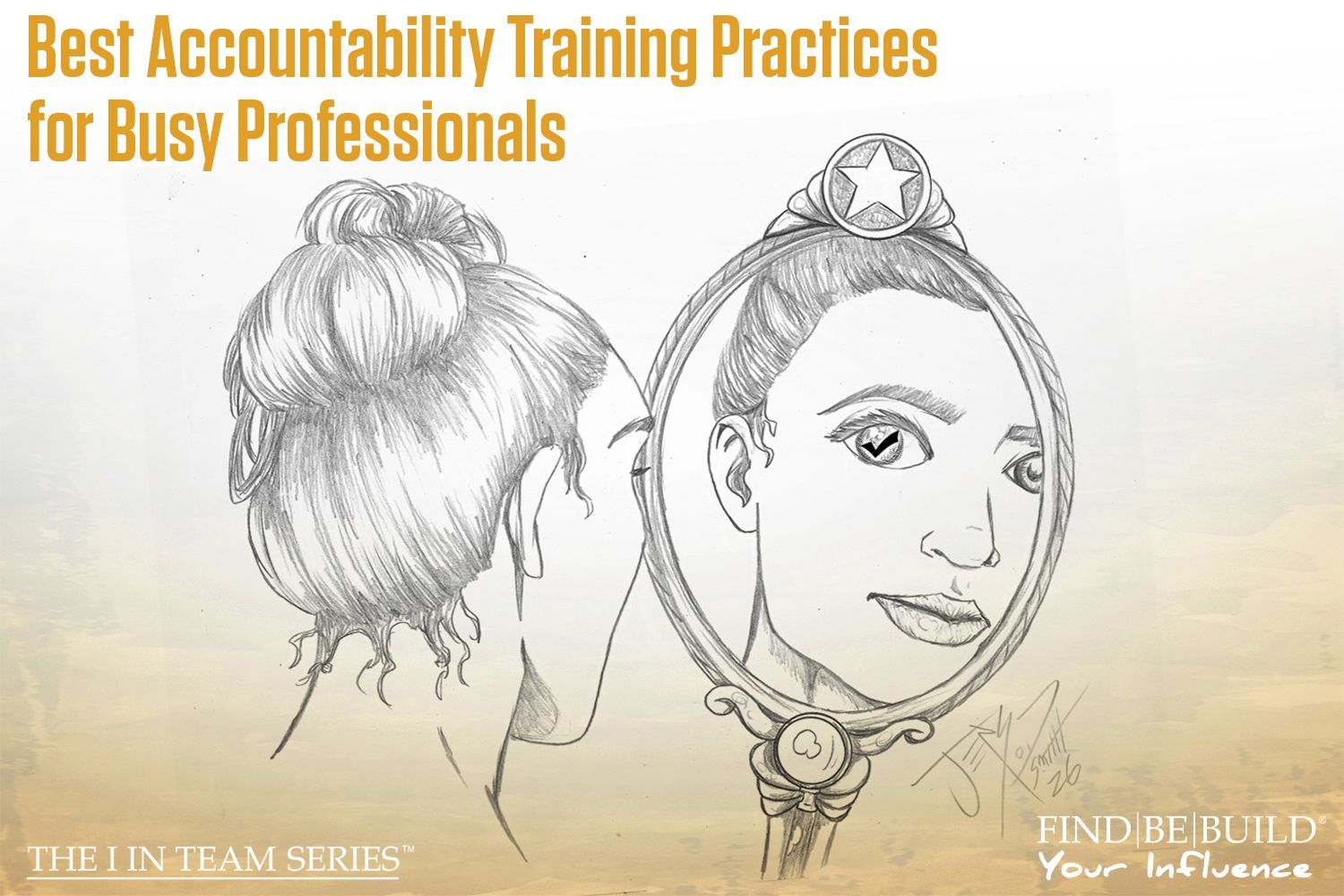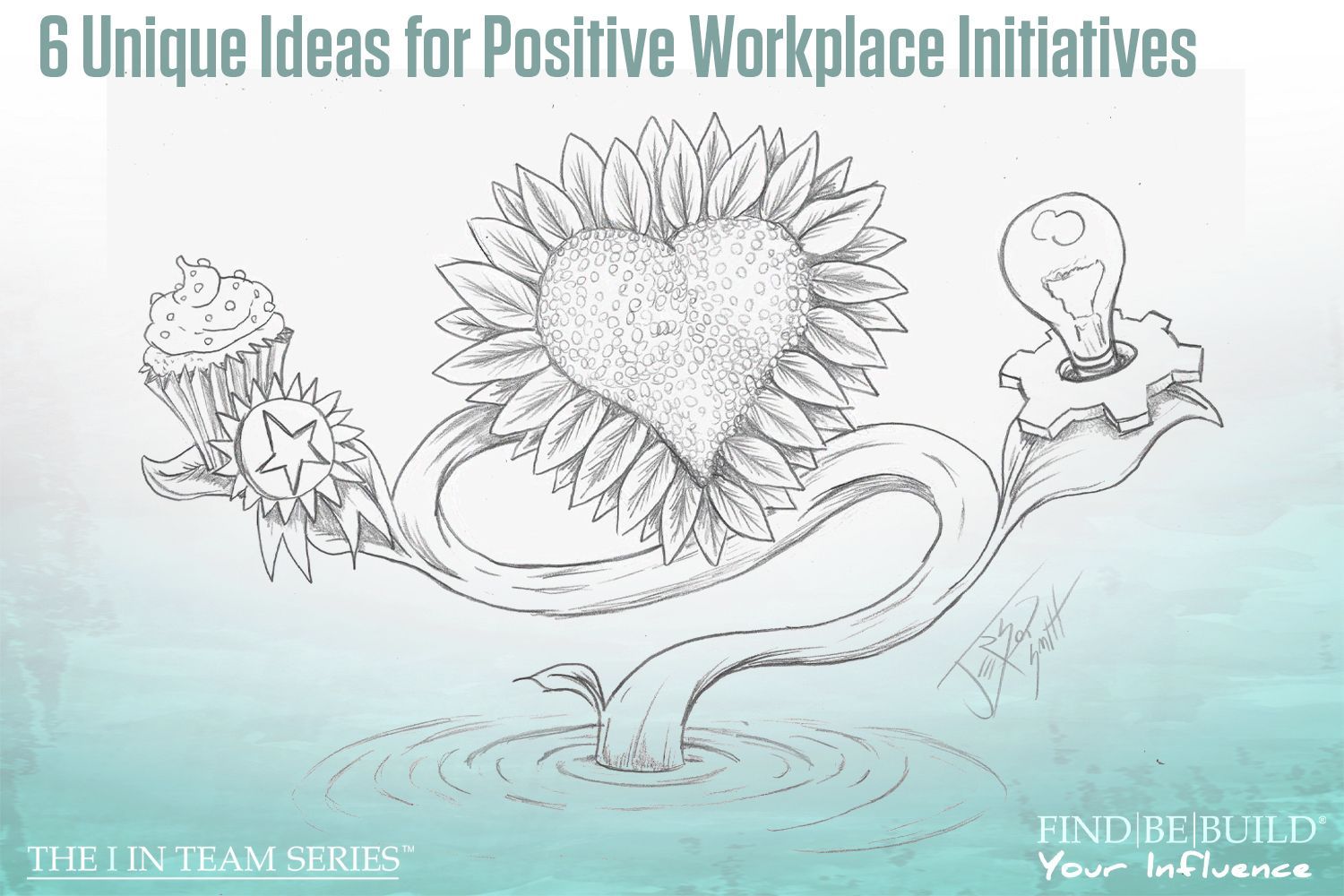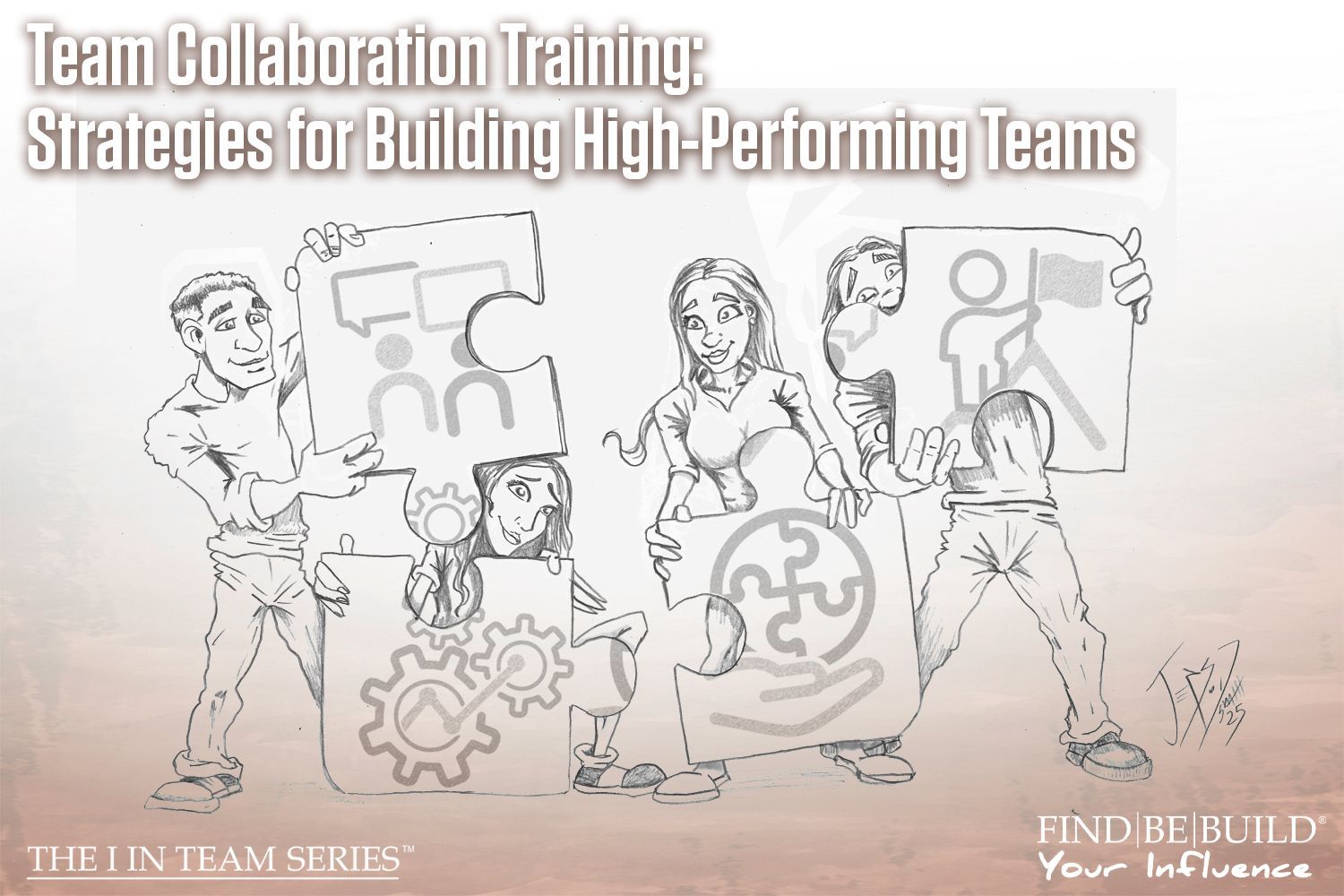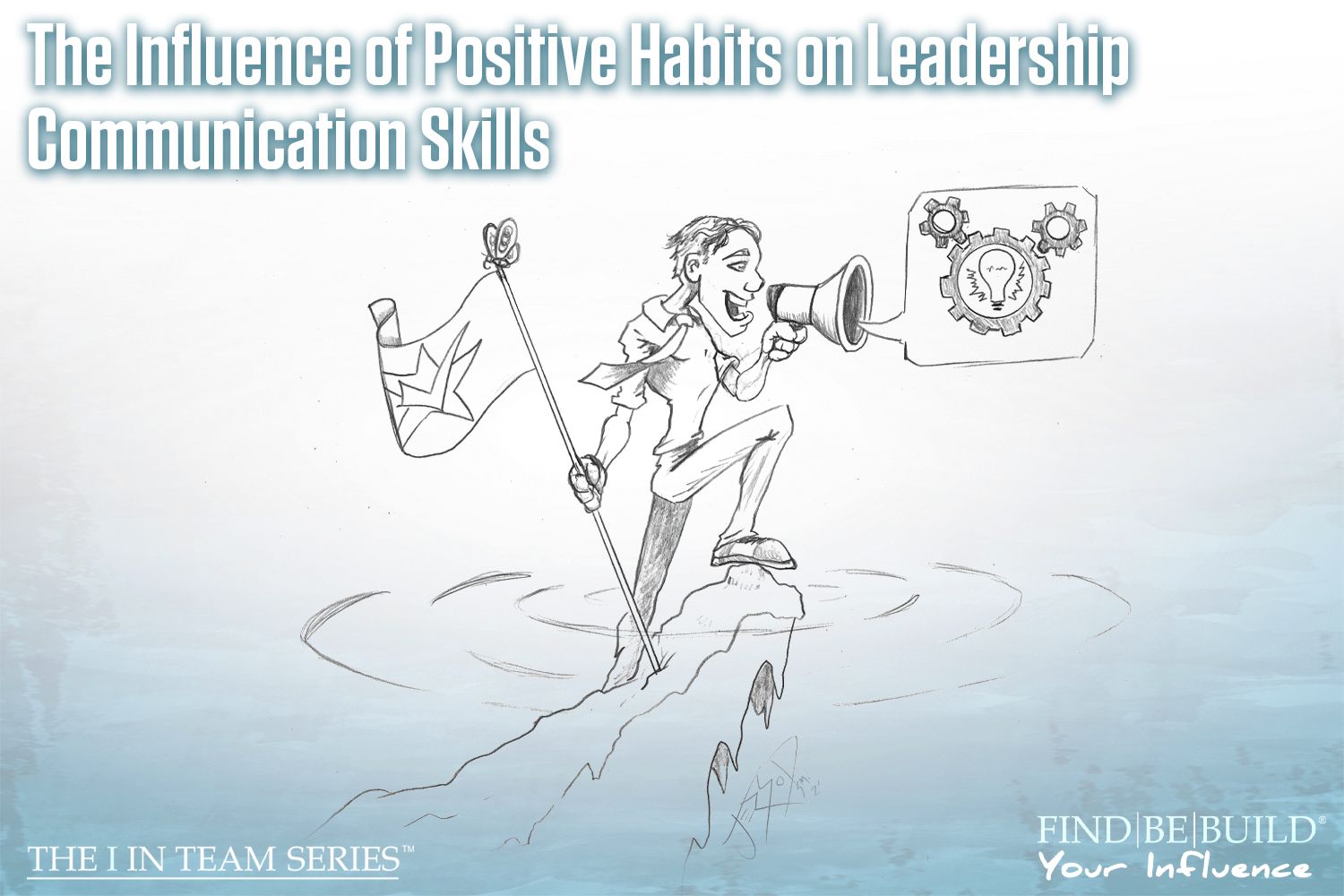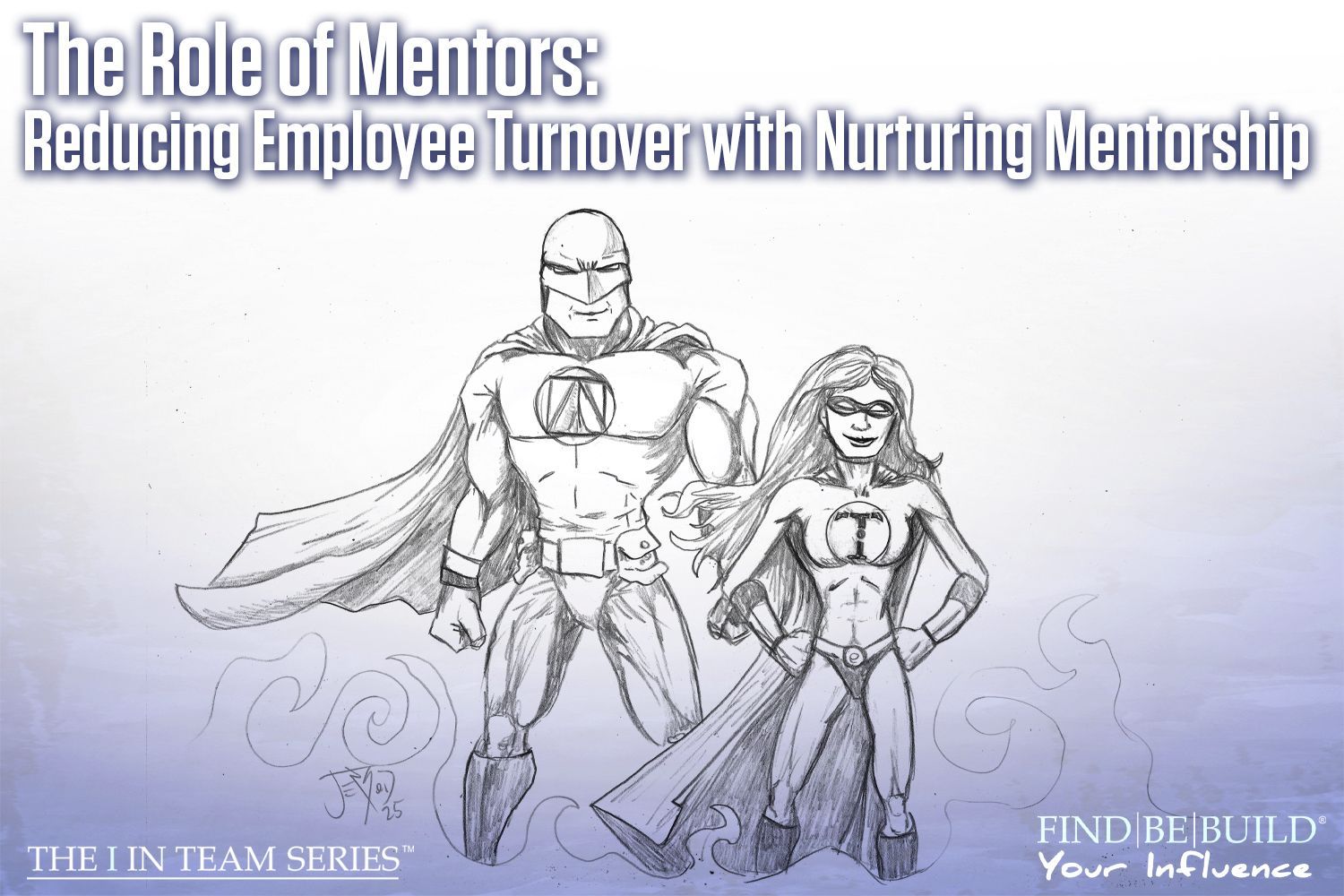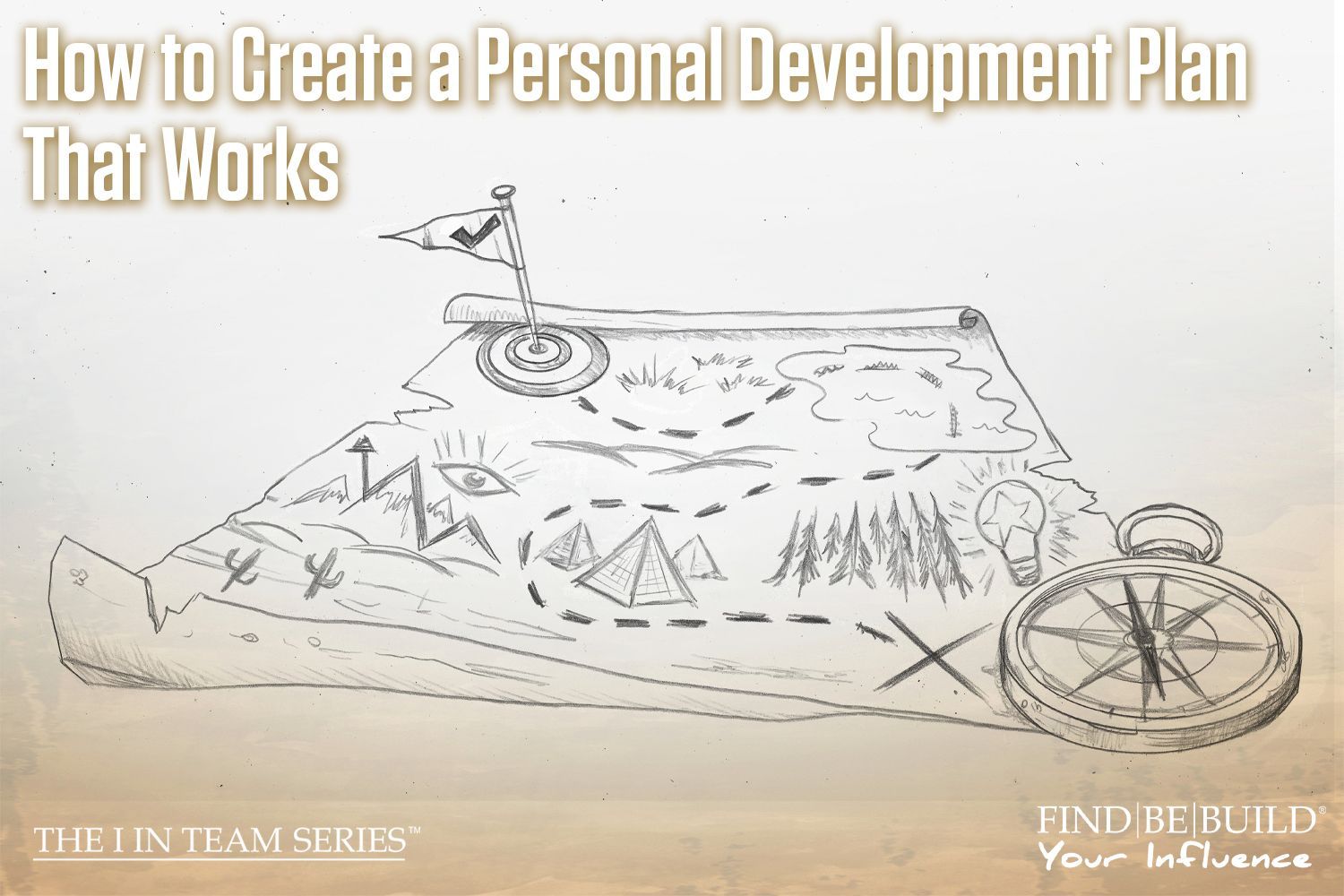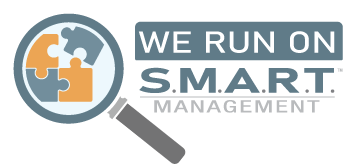Overcoming Imposter Syndrome
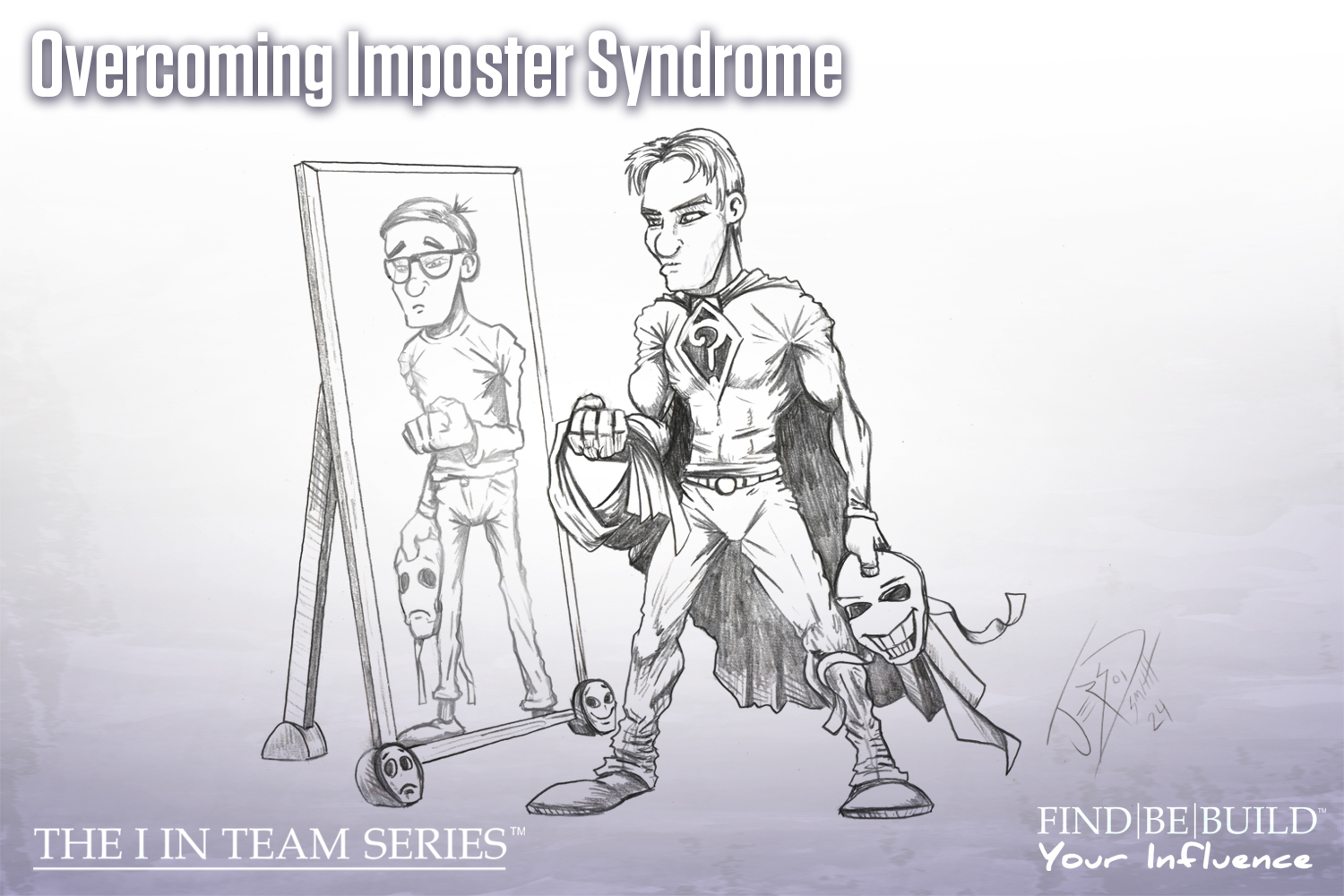
Overcoming imposter syndrome in business consulting
Hi, team! It’s your friend, Mary, with the “I” in Team series where you can find, be, and build your positive influence. One topic we have covered in IA Business Advisors’ Gratitude Group is imposter syndrome. This phenomenon is a purely internal experience where an individual feels as though they are not competent, qualified, or successful within their area of influence. Imposter syndrome occurs despite external experiences that prove an individual’s worth and merit. It’s typically characterized by feelings of self-doubt and perfectionism. If you’re here, you’re likely experiencing the effects of imposter syndrome yourself and want to find your way to the other side, or maybe someone you care about is going through this and you’re looking for ways to help them. Either way, you’re in the right place!
The Effects of Imposter Syndrome
As mentioned, those who are plagued with imposter syndrome are likely perfectionists who are experiencing an immense amount of self-doubt. Unfortunately, it doesn’t end there. Those who are living with imposter syndrome are constantly in fear of being exposed as a fraud (due to their self-doubt) and worry their colleagues will soon realize they are not competent. They also downplay their achievements and have difficulty accepting praise from others. Rather than acknowledging their hard work and accepting the accolades that come with it, they say they could have done more and dismiss positive feedback. Imposter syndrome can have a serious impact on mental health, leading to anxiety and overwhelm. The constant tension of these emotions begins to diminish both the professional lives and personal health of an individual. The first step to overcoming imposter syndrome is recognizing that it is a common phenomenon. Other ways to overcome this bully are below.
Seek Support
If you identify that you are feeling like an imposter, ask for support from trusted friends and coworkers. Taking this step will be difficult, considering a key component of this syndrome is fear of being “found out.” However, getting those who know you to help you is key to getting out of the trap. You must take the leap and trust others. Share your experiences and have faith that the support you receive is real and not out of pity. Many people can relate to imposter syndrome, so you will likely build a community through your bravery. If you identify any negative thoughts associated with this, share those as well. Having another person share their perspective of your work with you can help get you out of the trap of believing you are an imposter.
Celebrate Your Achievements
It might sound counterintuitive since those experiencing imposter syndrome don’t feel as though they deserve the praise from their achievements, but if you have gotten this far you should know that is simply not true. While celebrating yourself might feel uncomfortable at first, you have to practice doing it so that your comfort level grows. The first time is usually the hardest, but just like with any habit, the more you do it, the easier it gets. Keep a record of your big and small achievements to constantly remind yourself of your worth. And please note, that perfection is unattainable, so your list does not need to be narrowed down to things you believe are “perfectly” done. Below are some examples of achievements that require no perfection. Please keep in mind that what might be small to you, might be big to someone else. These things are subjective, and only you can decide what achievements belong on your “big” and “small” lists.
- Keeping your cool in a meeting with a difficult client
- Mediating an argument between two or more coworkers
- Replacing the toilet paper in the bathroom without being asked
- Finishing all your tasks in a day
- Asking for help
Bottom Line
Imposter syndrome is often irrational. It’s important to trust in the hard work you put in every day and the achievements you make. If you find that overcoming imposter syndrome feels like an impossible feat, it may be time to seek professional help to resolve more deeply rooted issues. Talking to a therapist can help to identify any underlying causes that make you believe you are not worthy of the accolades you receive. You deserve to feel good about the work you do every day. Staying healthy is one of the best ways to ensure your influence remains positive. And remember, you are important, you matter, and you are enough.
